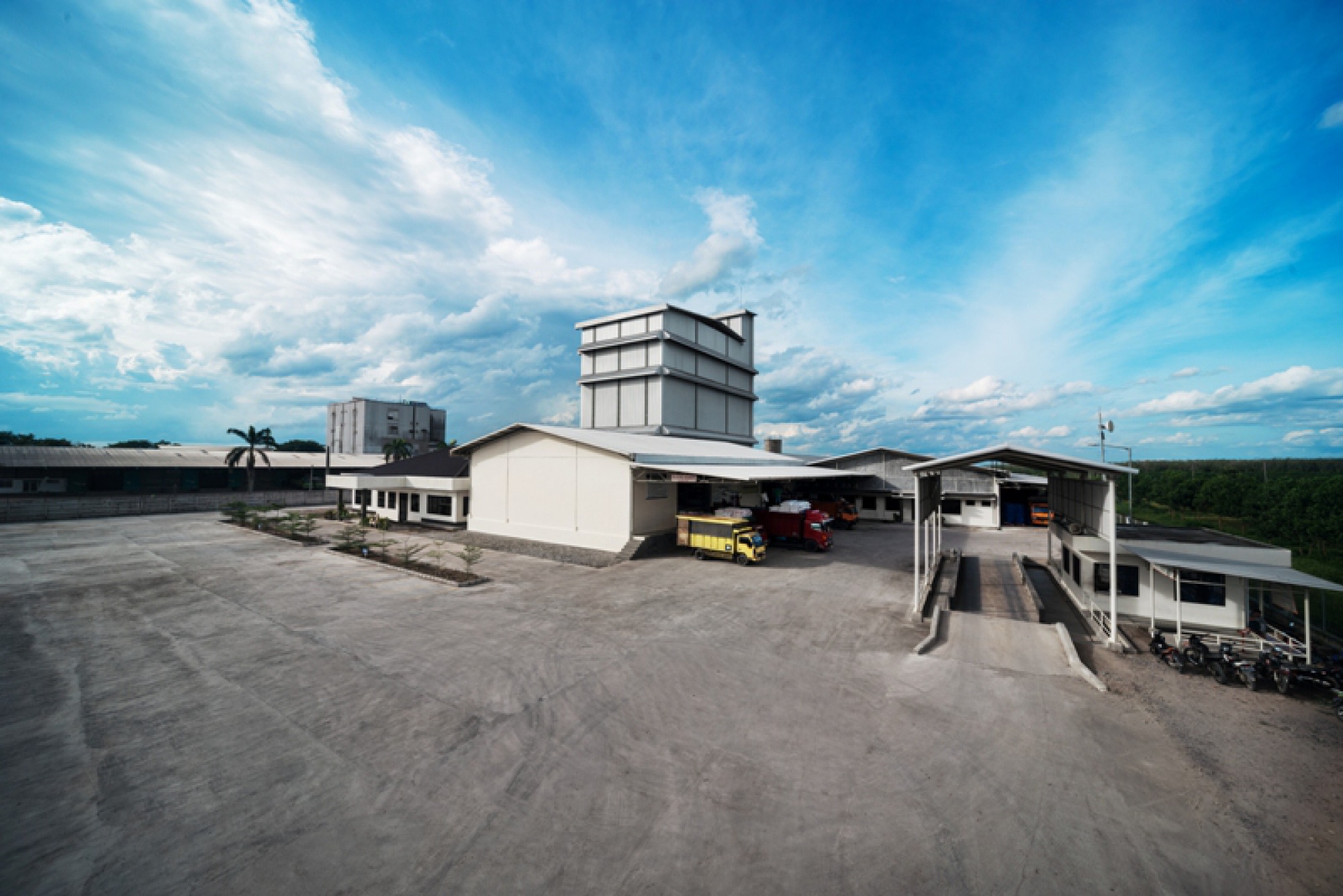GPMT Overview
Gabungan Perusahaan Makanan Ternak (GPMT), in English; Indonesian Feedmills Association, played an important role in Indonesia’s livestock industry, especially in the feeding sector. Born out of the noble intention to propel the cattle fodder industry, GPMT has evolved to be an influential association for industry players, the community, and the government in establishing a competent stockbreeding environment, particularly in relation to fodder availability. GPMT consistently provides highly valued solutions that overcome livestock challenges in Indonesia.
Indonesia’s livestock industry was already present since the 1950’s, yet the purebred chicken farm industry was not introduced until 1950-1961. Fodder industry activities that rest upon nutrition science and animal feeding science starting to emerge during those years. The expansion of purebred chicken farming has made small businesses in the poultry industry to increase their production capacity, specifically in seedling and feeding categories. By this stage, livestock production infrastructures such as fodder factories, seedling companies, veterinary medicine industry, and farming equipment started to grow and initiate the revival of Indonesia’s poultry industry.
Following the progression of the poultry industry and the potential it contributes to the country, a handful of individuals with soaring attention to the industry gathered and unify their constructive vision to establish Gabungan Perusahaan Makanan Ternak (GPMT) on October 30th, 1976 in Jakarta. Various innovations was started to put into action, one of which is a solution made around 1979 to make corns available in a reasonable price. As time goes by, the management formation of the Association of Animal Food Companies (GPMT) changes dynamically to adjust the periodization of the rules in the Articles of Association/Bylaws. On the 8th GPMT congress that was held from the 19th to the 21st of May 2016 in Ciawi, Bogor, a memoir covering the hard work that accompanied the development of the fodder industry in Indonesia was published.
Not only notable by many for its big name in Indonesia’s livestock industry, GPMT is also recognized for its contributions in solving problems. Some of its most remarkable actions are Tim Kampanye Gizi, in English; The Nutrition Campaign Team that was commenced in 1989. In 1984, GPMT took a deep involvement in fixing the soybean oilcake issue in Indonesia. The association is also regularly organize various events from Festival Ayam dan Telur (FAT), in English; Chicken and Egg Festival on October 2011, executing social service for natural disaster victims, to the fight for extending the list of VAT-free fodders (2015 SME statute number 267), in addition to ensuring fodder availability through solutions, discussions, and diplomacies.
New challenges in the livestock industry will continue to surface and GPMT will relentlessly provide legitimate and rigorous solutions as a result of the association’s principle to establish quality and self-sufficient stockbreeding in Indonesia.
GPMT Vision & Mission
Gabungan Perusahaan Makanan Ternak (English : Indonesian Feedmills Association) or commonly called GPMT, is a nonprofit organization that functions as one of the main pillars of the Poultry and fisheries industry in Indonesia. Since its establishment in the 1970s, GPMT has acquired 100 members of feed production units that are spread across North Sumatera, Padang, Lampung, Tangerang, DKI Jakarta, West Java, Central Java, East Java, South Kalimantan, and South Sulawesi. Today, the accumulated capacity of feed productions made by factories has reached more than 29.7 million tons-per-year.
GPMT Vision
"through the feed industry plays an active role in realizing the national economy and the quality of the nation's tough."
GPMT Mission
"Improve the work of the organization with a more independent and professional to support the activities and interests of its members through cooperation with Industry stakeholders and fisheries."

